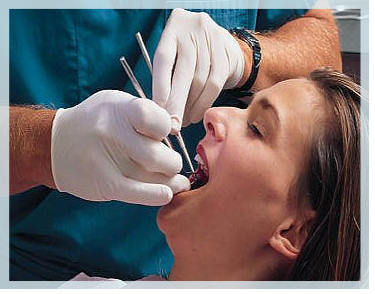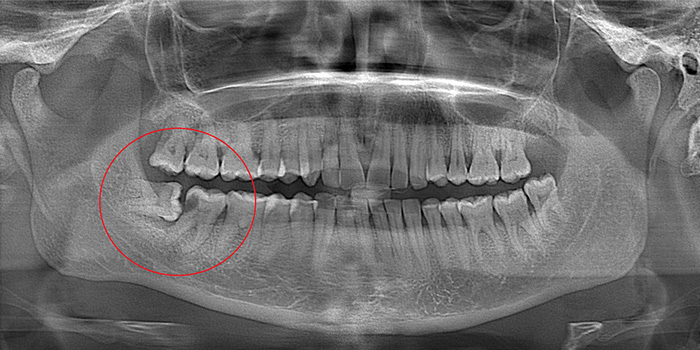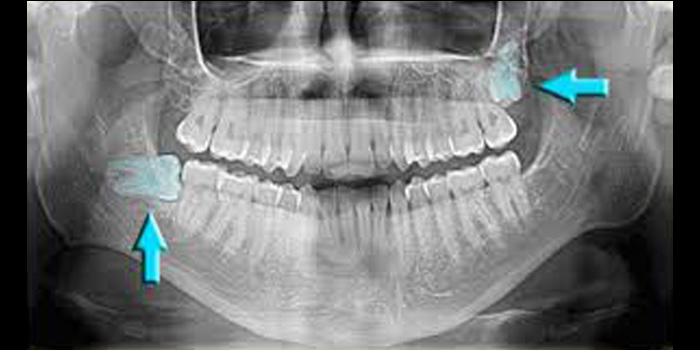Oral Surgery
Some dental procedures require a very specific set of dental skills and fall into a branch of dentistry called oral surgery. Oral surgery treats a wide range of diseases and conditions but in our clinic we deal with Wisdom teeth extraction and Dental implants.
Dental Implants

Dental implants are substitutes for teeth roots, which have either been lost or are going to be extracted. Following their successful integration into the bone structure of the maxilla and/or mandible, implants can be used to support permanent restorations, and therefore patients can have stable teeth again, covering any possible gaps. Implants also provide a strong foundation for fixed (permanent) or removable replacement teeth.
If placed under suitable conditions, followed by careful planning performed by highly trained specialists, the success rates currently stand at around 96-99%. A necessary prerequisite is always good oral hygiene and regular checks by the dentist who performed the operation.
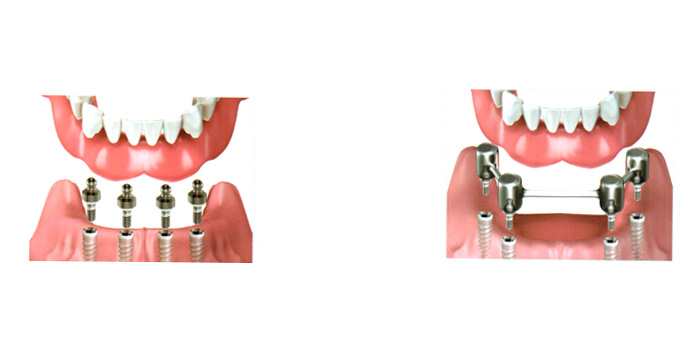
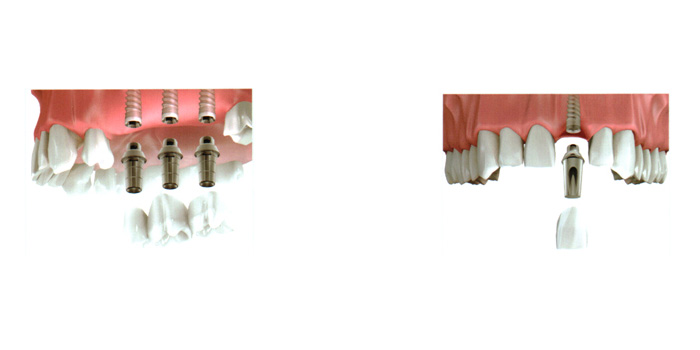
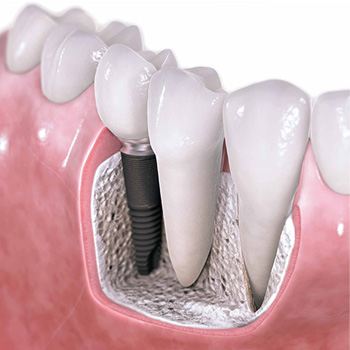
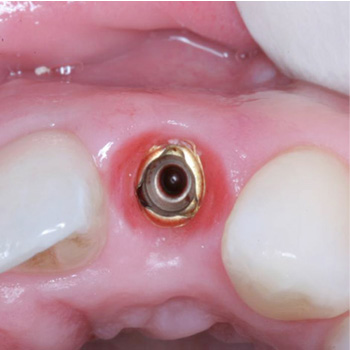
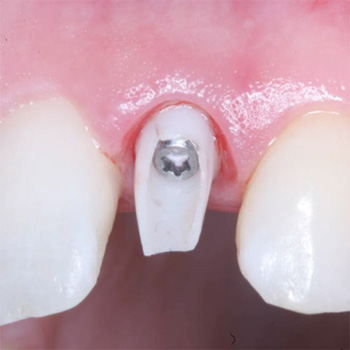
Wisdom Tooth Extraction
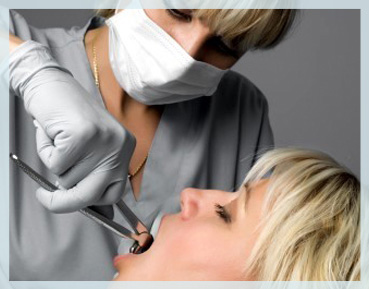
A wisdom tooth may not find naturally its proper position in the mouth, due to insufficient space. As a result, it remains impacted in the jaw. This doesn’t usually induce any problems. In some cases however, it may be tilted, putting pressure on the adjacent tooth. This can lead to headaches, teeth deconstruction or permanent periodontal problems, since the second molar loses supporting bone and might get infected.
On the other hand, a partially impacted wisdom tooth has a greater tendency to cause inflammation. Due to the lack of space while brushing, the oral hygiene is compromised, hence bacteria and food rests are being trapped in the area between the gum and the tooth, leading to infection of the gum, called pericoronitis.
Extracting wisdom teeth is an easy and simple procedure which can be done in the dentist's office. Before removing a wisdom tooth, the dentist will ask for a low dose panoramic x-ray, which will clearly define the position and the size of the wisdom tooth, as well as its angle compared to the other teeth. Then, the patient will be given a local anesthetic to numb the area where the tooth will be removed. In order to remove the wisdom tooth, the dentist will open up the gum tissue over the tooth and take out any bone that is covering the tooth. He will then separate the tissue connecting the tooth to the bone and remove the tooth. Sometimes the dentist will cut the tooth into smaller pieces to make it easier to remove. After the tooth is removed, stitches will be needed. A regular wisdom tooth extraction doesn’t take more than 15 – 20 minutes, even if it might last between 45 – 60 minutes in more difficult cases.
Even if the whole procedure is totally painless, there is local swelling and bruising after the surgery, which usually improves in two or three days. All the symptoms disappear in a week’s time. During this time, the patient may be able to manage pain with an over-the-counter pain reliever or antibiotics.
